Concrete is quite literally the foundation of modern infrastructure. From highways and bridges to skyscrapers and homes, it plays a crucial role in shaping the built environment. But how do engineers ensure that the concrete used is strong, durable, and meets quality standards?
The answer lies in Concrete Testing Equipment—a suite of instruments that enables professionals to evaluate the properties and performance of concrete before and after it sets. In today’s era of fast-paced construction and stringent compliance, this equipment is not just helpful—it’s essential.
Whether you’re a contractor, lab technician, or civil engineer, understanding and choosing the right testing tools can directly impact the safety and longevity of your projects.
Why Concrete Testing Matters
Concrete may look solid, but hidden weaknesses can lead to catastrophic failures if not addressed during the early stages. Concrete testing equipment allows you to:
- Measure strength and durability
- Verify the mix design
- Assess workability and curing
- Comply with national and international standards (IS, ASTM, BS)
These insights are vital for minimizing risks, avoiding rework, and ensuring structures meet both design expectations and legal regulations.
Most Essential Concrete Testing Equipment in 2025
1. Compression Testing Machine (CTM)
Used to determine the compressive strength of hardened concrete cubes or cylinders. It’s one of the most critical tests for load-bearing structures.
- Capacities range from 1000 kN to 3000 kN
- Digital or analog options
- Available with automatic load rate controllers
2. Slump Test Apparatus
Measures workability of fresh concrete by determining how much it slumps under its own weight. It helps in ensuring that the mix can be easily poured and compacted.
3. Concrete Cube Moulds
Standard moulds (150mm or 100mm) made of cast iron or steel are used to prepare samples for strength testing.
4. Flexural Strength Testing Machine
Used for beam specimens, especially in pavement and road applications. It evaluates the concrete’s ability to withstand bending or tensile stress.
5. Compaction Factor Apparatus
Assesses the degree of compaction of concrete, especially for mixes with low workability.
6. Vee Bee Consistometer
Ideal for very dry concrete mixes, the Vee Bee test gives a more precise workability measure than the slump test for stiff mixes.
7. Concrete Permeability Apparatus
Tests the resistance of concrete to water penetration, a key factor in durability and longevity.
8. Accelerated Curing Tank
Simulates standard curing conditions to achieve early test results on concrete samples—often used to predict 28-day strength in just 1-3 days.
9. Rebound Hammer
A non-destructive testing (NDT) tool used for in-situ strength assessments, particularly for quality checks on-site.
10. Ultrasonic Pulse Velocity (UPV) Tester
Another NDT device that checks for cracks, voids, and uniformity within the concrete.
Choosing the Right Equipment: Key Considerations
Before investing in concrete testing equipment, you should evaluate:
- Test frequency (lab use vs. on-site checks)
- Required precision (digital vs. manual equipment)
- Budget and maintenance costs
- Compliance with IS/ASTM/EN standards
- Ease of calibration and portability
At Engineering Solutions Equipment (ESE), our range of concrete testing tools are accurately calibrated, standards-compliant, and built to perform in rugged job site conditions.
Who Uses Concrete Testing Equipment?
- Construction companies for quality control
- Civil engineering labs for compliance testing
- Infrastructure developers to certify materials
- Government bodies for inspection and audits
- Educational institutions for training and research
Whether it’s a small residential project or a multi-crore infrastructure contract, concrete testing equipment is non-negotiable for project integrity.
The ESE Advantage (If for Engineering Solutions Equipment)
At Engineering Solutions Equipment, we provide a full line of concrete testing machines, including both laboratory-grade instruments and field-use kits. Our products are:
- Manufactured in India with global standards
- ISO-certified and lab-tested
- Backed by prompt support and training
- Affordable for both SMEs and large contractors
We also offer custom solutions based on your testing needs, from mobile test labs to automated testing setups.
Conclusion
Concrete testing is the heartbeat of construction quality control. The right equipment doesn’t just check boxes—it builds trust, ensures safety, and drives better decision-making across all stages of a project.
As infrastructure in India and across the globe accelerates, accurate testing becomes more important than ever. Whether you’re building bridges, housing colonies, or expressways, trust the science behind the structure—invest in reliable concrete testing equipment.
FAQs on Concrete Testing Equipment
Q1. What is the most important test for concrete quality?
The compressive strength test is the most crucial for structural integrity, typically done using a Compression Testing Machine (CTM).
Q2. Are there non-destructive ways to test concrete strength?
Yes, tools like the Rebound Hammer and Ultrasonic Pulse Velocity Tester can check strength and consistency without damaging the structure.
Q3. How often should concrete be tested?
It depends on the project scale, but generally, samples are tested at 7, 14, and 28 days post-casting. Site inspections may require more frequent spot tests.
Q4. Can I get testing equipment customized for specific project needs?
Yes, manufacturers like ESE offer custom configurations and test kits tailored to your volume and material requirements.
Q5. How long does a testing machine last?
With proper maintenance and calibration, machines like CTMs can last 10–15 years or more, depending on usage frequency and build quality.
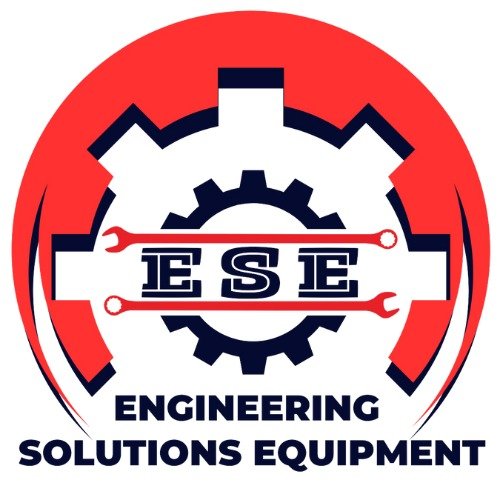
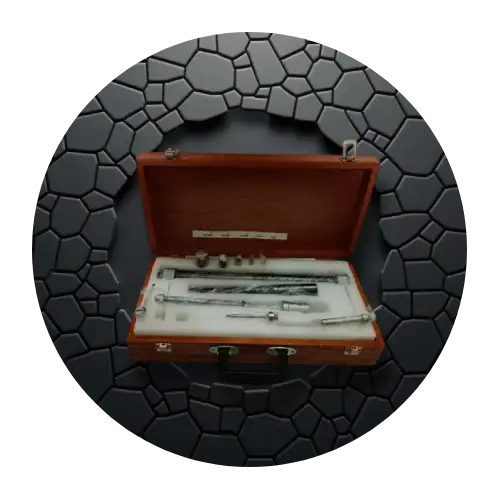
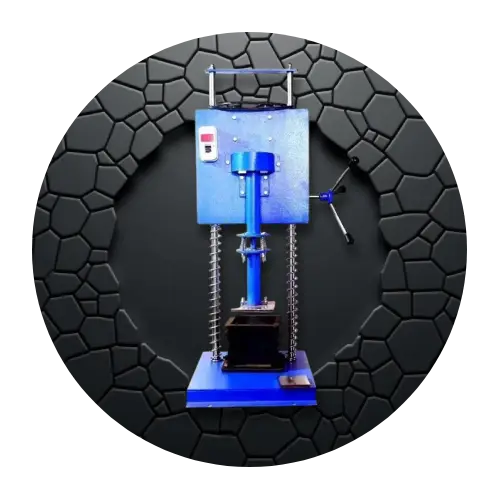
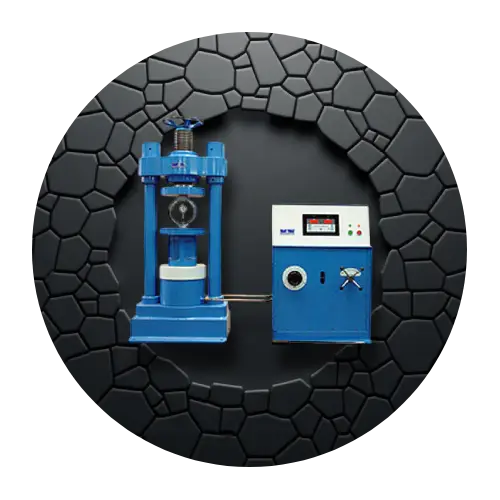
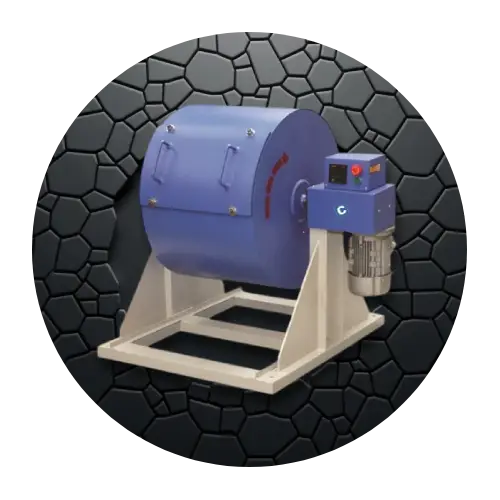
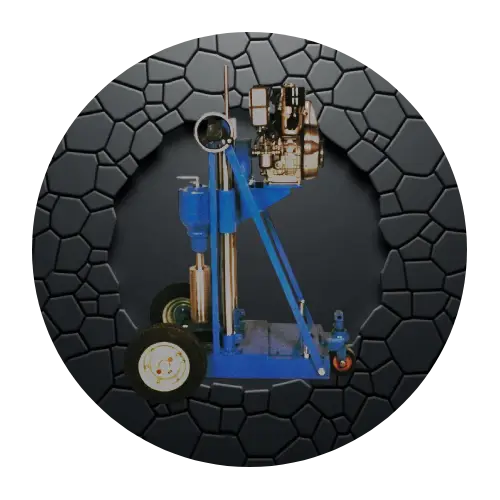
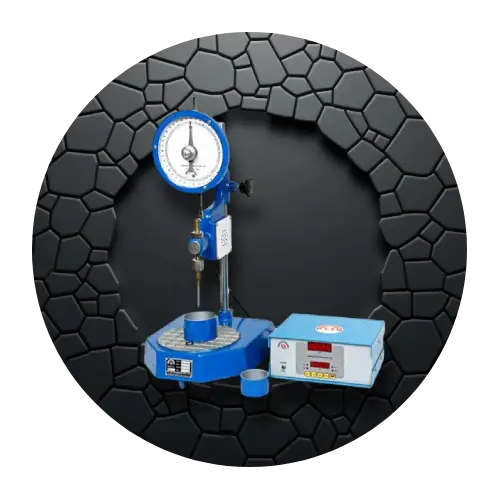
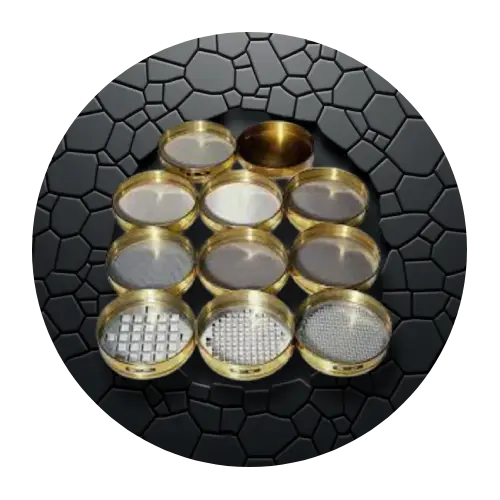


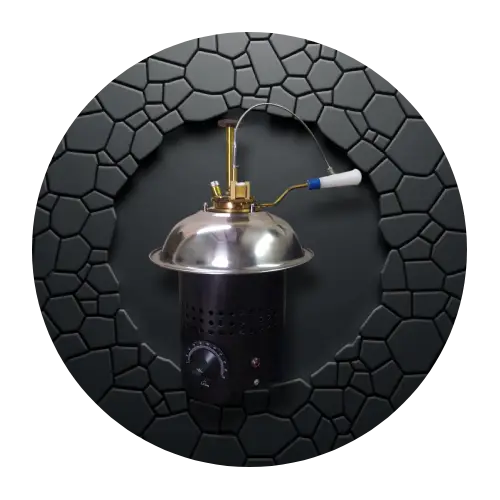
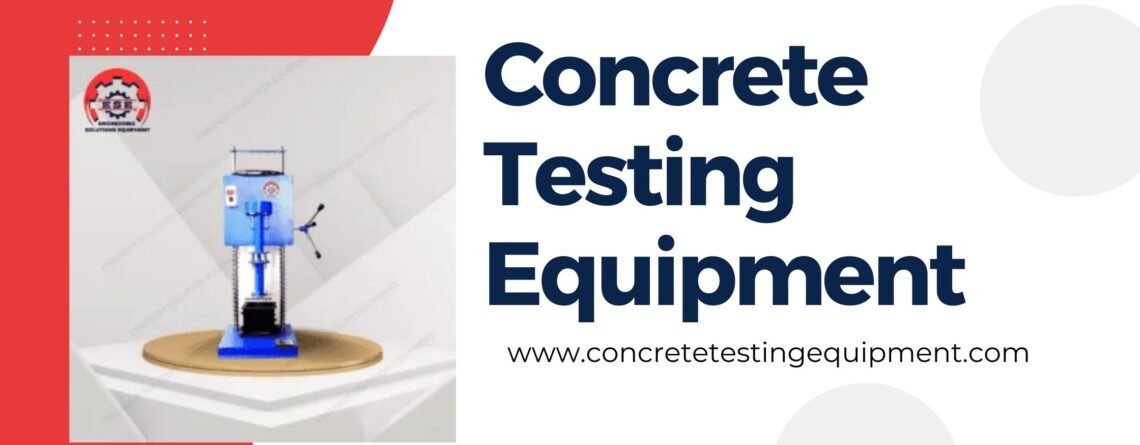
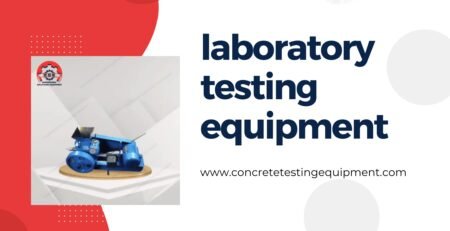
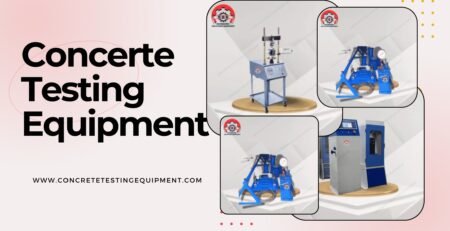
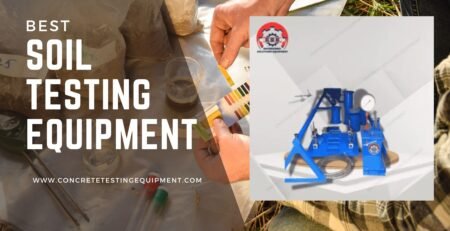





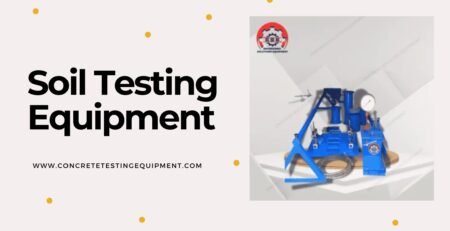
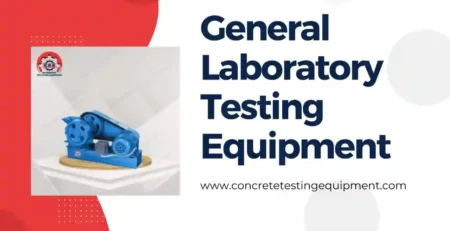

Leave a Reply